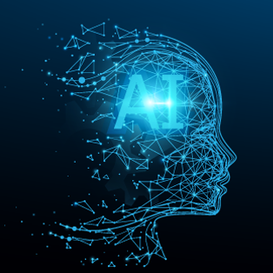AI Call 2020 ITEA projects
Diverse and promising innovations improving AI
Over the past few years, Artificial Intelligence (AI) technologies have become increasingly important in ITEA projects in order to solve challenges defined by (business) needs. Several successes have already been achieved on creating better care, traffic flow and safety and, in our last two Calls, AI was even present in a majority of project proposals. In addition, the Eureka Clusters CELTIC-NEXT, EUROGIA, ITEA and PENTA-EURIPIDES² perceived a common cross-domain interest in developing, adapting and utilising emerging AI within and across their focus areas. These Clusters, together with a number of Eureka Public Authorities, launched a Call for innovative projects in the AI domain. The aim of this Call was to boost the productivity and competitiveness of European industries through the adoption and use of AI systems and services.
The Eureka Clusters AI Call 2020 attracted a lot of interest: by the deadline of 15 June 2020, over 40 project proposals had been received, of which 35 indicated ITEA as the main Cluster and another had ITEA as a secondary Cluster. As 8 proposals were not eligible, 27+11 proposals from 17 different countries were evaluated with a total of 1450 Person Years, resulting in 12+1 labelled AI projects under ITEA.
These projects confirm the pervasive nature of AI methods, which continue to be applied in many new sectors. Within this Call, we see projects that will work on bringing AI methods to fields such as smart electricity grids, photovoltaic power plant management, robotics, agriculture, semi-conductor production and transportation systems. In each of these domains, there is the potential to extract quality data and to build more capable systems with new AI features. We also see more generic projects aimed at developing the next generation of AI systems. The AI field lacks human experts, so it is important to develop a platform that will ease the use of AI methods and contribute to its diffusion. Another important challenge is to efficiently execute AI applications, which are often computing-intensive. New accelerators have been designed to speed up execution and these must be properly used. The hybridisation of AI methods with other methods, such as Digital Twins, is another promising direction that will be explored by one project. Last but not least, a project will work on the interaction of software engineering and AI. On one hand, the development of AI software calls for the adaptation of software engineering methods and, on the other hand, AI can contribute to more efficient software engineering methods.
Globally, this Call has generated a set of projects that are diverse and very promising for both cutting-edge innovations in some sectors and the improvement of AI methods.
1 27 projects with ITEA as the main Cluster and 1 project with ITEA as the secondary Cluster
ITEA AI Call projects overview
Due to lack of funding in the main countries, projects ESSENCE-AD and SENSAI have recently been cancelled. The remaining labelled AI Call 2020 ITEA projects can be organised across the different challenges as follows:
| Challenge | Projects |
|---|---|
| Smart engineering | AMPLIFy, ASIMOV, EFICAS, IML4E |
| Safety & Security | AIS²afe, IML4E,
Spectralligence |
| Smart health | RoboNimbus, SHERPA, Spectralligence |
| Smart industry | AISSI, AMPlify |
| Smart mobility | AIS²afe, SHERPA |
| Smart cities | AIDEMS, AI4PV (ITEA as secondary Cluster) |
We invite you to discover the innovative solutions proposed by the projects that were submitted to ITEA:
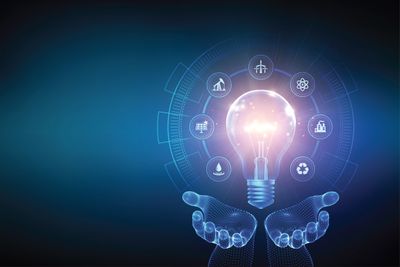
AIDEMS - 20201
AI-Enabled Demand Side Management for
Energy Sustainability
Project leader: RISE - Research institutes of
Sweden, Sweden
Renewable electricity networks are strained by
the increased demand for high-power charging
and the volatility of renewable sources. Demand
Side Management (DSM) is a framework that
addresses this challenge through information
sharing, integrated planning and smarter
decision-making across the network. However,
DSM implementation suffers from data
integration, security and standardisation
problems. AIDEMIS’ objective is to power DSM
platforms with new data models and machine
learning algorithms that balance finding optimal
solutions (that account for greater parts of the
network) with search tractability.
Secondary Cluster: EUROGIA

AIS²afe - 20214
AI for Safety and Security Assurance of
Automated Vehicles
Project
leader: RISE - Research Institutes of
Sweden, Sweden
Companies are currently investing more in IT
cyber security and cyber security management
than in cyber security software for vehicles.
However, regulatory initiatives are driving
Europe to become a first mover in these
domains. There is a great need to upskill safety
engineers, produce (cyber) security talent
and improve the knowledge and cooperation
between firms as well as safety and security
engineers. AIS2afe addresses this through
innovative measures for integrating the safety
and security disciplines by developing AI
technology and methodologies and tools
targeting AI technology.
Secondary Cluster: EUROGIA
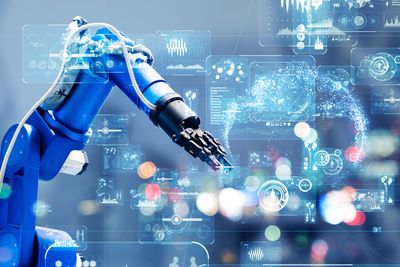
AISSI - 20212
Autonomous Integrated Scheduling for
Semiconductor Industry
Project
leader: Robert Bosch GmbH, Germany
Digitalisation is driving increased demand for
microchips and shortening the product lifecycle
and the high variety of customer-specific
devices is leading to a growing need for high-mix
low-volume (HMLV) semiconductor production.
The AISSI project - Autonomous Integrated
Scheduling for Semiconductor Industry -
proposes sourcing, developing, integrating
and applying novel AI-based approaches. By
applying reinforcement learning and knowledge
graphs in a continual improvement framework
for autonomous, integrated production and
maintenance scheduling, competition can
be outperformed in terms of efficiency, cost
effectiveness and quality.
Secondary Cluster: PENTA-EURIPIDES
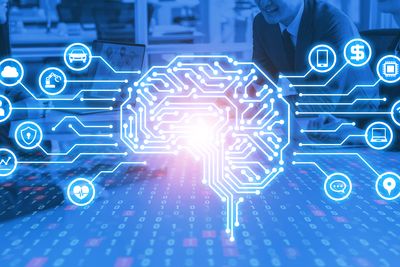
AMPlify - 20220
AI Modelling Platform
Project leader: Software AG, Germany
For many years, industrial system builders
have been collecting product and process
data in different formats and tools, but the full
potential benefits are often neither analysed nor
correlated and utilised. There is a widespread
imbalance in the supply and demand of qualified
AI experts in industry, which challenges today's
technological development. The AMPlify project
will create an AI Knowledge Portal to provide
guidance on the application of available AI
solutions and platforms and support in finding
available experts to make AI tools and algorithms
applicable and more end-user friendly.
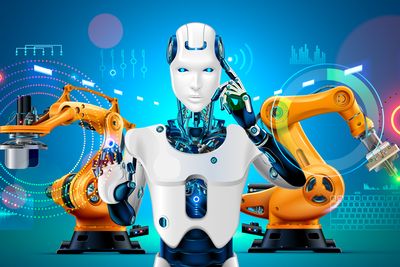
ASIMOV - 20216
AI training using Simulated Instruments for
Machine Optimization and Verification
Project
leader: Thermo Fisher Scientific, the
Netherlands
With the rise of high-tech cyber-physical
systems (CPS) in all areas of industry and
society, the user-friendliness and up-times
of these systems are becoming increasingly
important. Keeping the control parameters
of CPS in their correct operating window is a
particularly large challenge, such as in electron
microscopy, unmanned utility vehicles and pulp
& paper process control. ASIMOV will increase
the autonomy and self-optimisation of CPS by
creating physically realistic Digital Twins of these
systems and training innovative AI algorithms
for CPS control using these Digital Twins.
Secondary Cluster: PENTA-EURIPIDES

EFICAS - 20229
Energy Efficient Heterogeneous AI-Platform for
Smart Mobile and Embedded Systems
Project
leader: Siemens AG, Germany
Essentially all mobile applications are severely
power limited, which blocks huge business
cases. Increasing functional complexity in
mobile and autonomous applications impacts
the computational load by increasing the power
demands of embedded platforms. EFICAS
introduces a generic and scalable software
platform supporting energy-efficient deployment
of AI algorithms on the multicore heterogeneous
computation technologies. It supports all
technology solutions, including localised
and distributed computation settings as well
as cloud offloading. It addresses resource
allocation at runtime and hybrid coherent
operation with optimised task allocation at
design time.
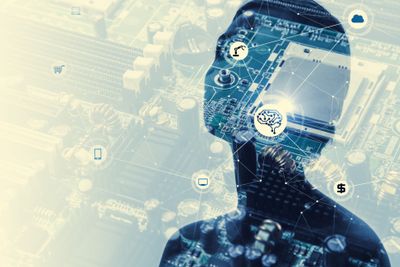
IML4E - 20219
Industrial Machine Learning for Enterprises
Project
leader: Fraunhofer FOKUS, Germany
Smart software solutions including AI and
Machine Learning (ML) have shown a great
potential to automate processes that were not
accessible to automation. Since AI and ML differ
from classical software development regarding
fundamental activities and processes, it is
unclear how AI and ML can be integrated into
existing industrial-grade software development
processes. Addressing the industrialisation of
ML development and operations, the IML4E
project will develop the IML4E framework,
covering methods, techniques and tools
dedicated to delivering and maintaining highquality
smart software in efficient, scalable and
manageable processes.
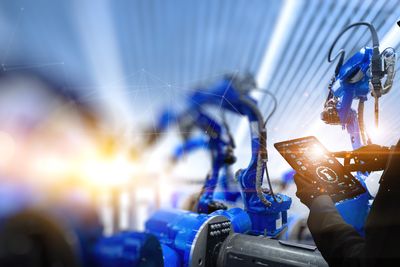
RoboNimbus - 20231
Smart Platform for Robot Management and
Coordination with AI powered Cloud
Project
leader: BYS GRUP Bilişim Sistemleri
Danişmanlik Ticaret ve Sanayi, Turkey
Robots are transforming automation processes
across all industries. As robot technologies
improve, robots become increasingly capable
and cheaper, incentivising their use in ever
more sophisticated processes. To capitalise on
this trend, the RoboNimbus project envisions
an AI-powered, cloud-based, all-in-one robot
management platform that will allow the user
to connect, monitor, control and maintain robot
fleets with ease. RoboNimbus will leverage
state-of-the-art technologies including IoT, Cloud
Computing, Virtual Reality, Augmented Reality
and Predictive Maintenance to create a truly
futuristic robot management platform.
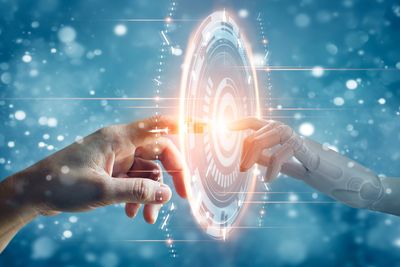
SHERPA - 20206
Smart Human Centered Automation for
Professional Applications
Project leader: Philips Medical Systems
Nederland, the Netherlands
In various professional and safety critical
applications, collaboration between the user
and the machine is crucial for the correct and
safe execution of tasks, such as with medical
imaging equipment and vehicles. The user
is part of the closed loop of the system, but
information overload and complexity often
lead to fatigue, stress or confusion, resulting in
errors, safety issues or accidents. The SHERPA
project will develop AI-based solutions to assist
and automate system operation and make
complex Human-Machine Interaction in medical
and automotive applications more intuitive.
Secondary Cluster: PENTA-EURIPIDES
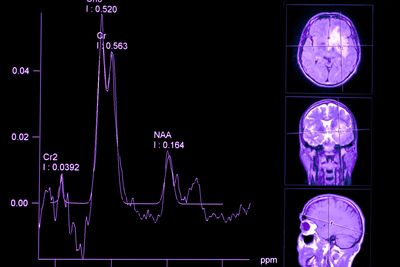
Spectralligence - 20209
Spectral Analysis in life sciences and materials
sciences through Artificial Intelligence
Project
leader: Philips, the Netherlands
Molecular and Atomic Spectroscopy is a
well-established set of technologies that use
the electromagnetic spectrum to generate
unique fingerprints of molecular structures,
with a broad set of applications in chemistry,
medicine and environmental and safety
services. A significant reduction in dependence
on human experts is necessary to bring novel
technologies to fruition for ever expanding
opportunities. The Spectralligence project aims
to demonstrate that cross-domain-validated
Neural Networks for spectral analysis (leveraging
innovations in micro-electronics and component
miniaturisation) can significantly accelerate
market growth and technology adoption.

AI4PV - 20233
Artificial Intelligence for Operation and
Maintenance of PV Plants
Project
leader: EDP N.E.W. R&D – Centre for New
Energy Technologies, Portugal
The Paris Agreement has defined the targets
to limit global warming to 1.5° with a massive
contribution by renewable energy. Industry
has been working to improve the performance
of photovoltaic (PV) systems, but unsolved
challenges remain concerning reliability and
robustness, hindering lean integration in the
electrical system. In this context, the main
goals of the AI4PV project are to reduce LCOE
and increase the operational performance of
PV plants through the hybrid use of physical
models, AI and Digital Twins.
Secondary Cluster: EUROGIA
Join the next Eureka Clusters AI Call 2021
After the successful Joint AI Call 2020, the Eureka Clusters CELTIC-NEXT, EUROGIA, ITEA, PENTA-EURIPIDES and SMART have launched a new AI Call and fourteen countries have allocated budget to support your groundbreaking Artificial Intelligence innovations.
So do you have an innovative AI project idea?
Submit your project proposal at latest by 28 June
2021!
For more information visit https://eureka-clusters-ai.eu/.
Other chapters
Use the arrows to view more chapters

Editorial
By Zeynep Sarılar

Country Focus: Portugal
ANI – a new generation framework to drive Portugal into the future
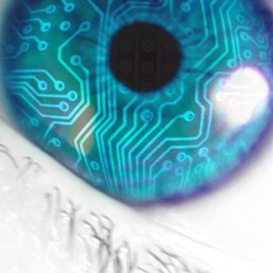
EVOLEO Technologies
Daring to dream
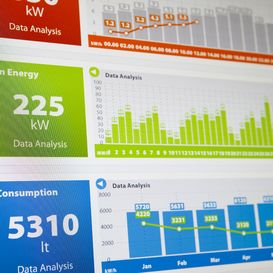
ITEA Success story: FUSE-IT
Enhanced connectivity and security for building management at lower costs
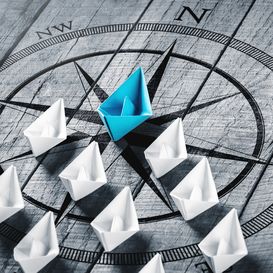
Viewpoint on mentorship
Mentoring is...
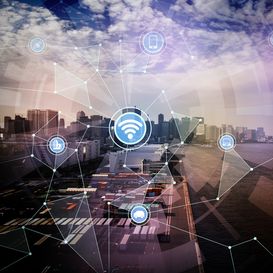
SotA highlight
IoT: where do we stand?

Community Talk with Raúl Santos de la Cámara
The rewards of being part of a strong Community
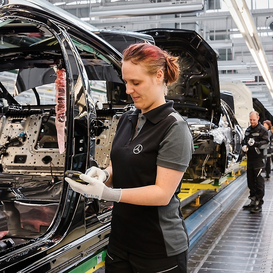
End user happiness: MOSIM
Digital human simulation helps manufacturers improve productivity and safety
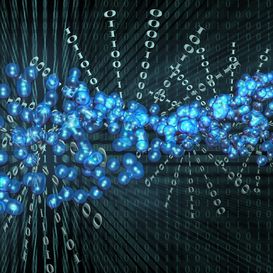
ITEA Success story: 3DPathology
A digital pathology solution for more effective and efficient treatments
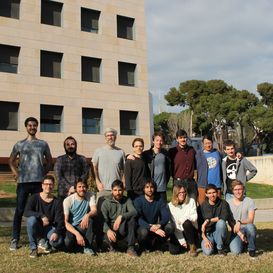
SME in the spotlight: Clevernet
The intelligent way to transfer data

AI Call 2020 ITEA projects
Diverse and promising innovations improving AI

ITEA Cyber Security Day 2021
Understanding and solving cyber security challenges together


